Google Translate vs ChatGPT: Which one you should use to translate texts?
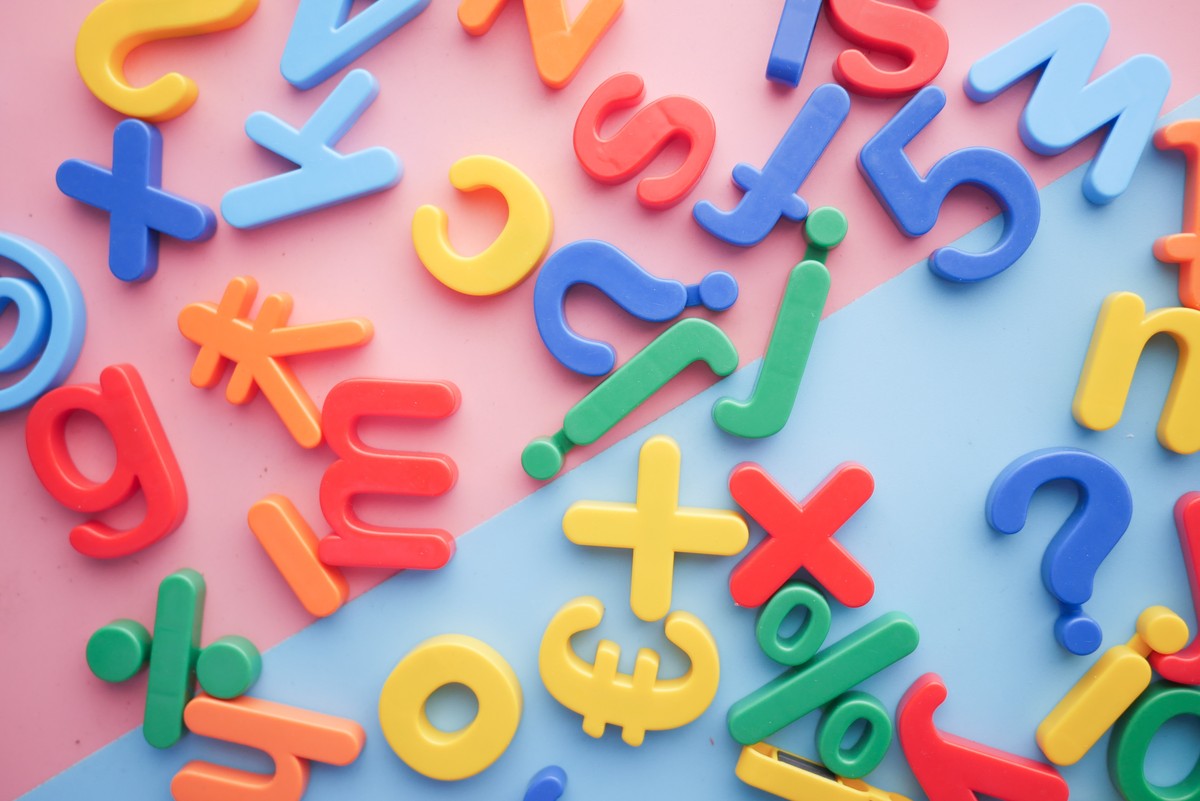
When it comes to translating languages, two popular contenders are Google Translate and ChatGPT. But which one is the best, who is the winner of the Google Translate vs ChatGPT match?
To find out, PC Mag conducted a thorough evaluation, comparing ChatGPT against its rivals, Bing AI and Google Bard. Their goal was to determine if ChatGPT could replace Google Translate as the top choice for translation needs.
Large language models like ChatGPT have the potential to completely change language translation. They can learn from vast amounts of training data and real-time feedback, enabling them to generate sentences that sound like a human.
However, it's important to be cautious about claims of their superiority. According to Nazneen Rajani, a research lead at Hugging Face, the company behind AI-based Hugging Chat, there is currently not enough evidence to support the idea that chatty language models work better for translation.
To put these claims to the test, PC Mag evaluated ChatGPT's translation capabilities and made a great Google Translate vs ChatGPT comparison.
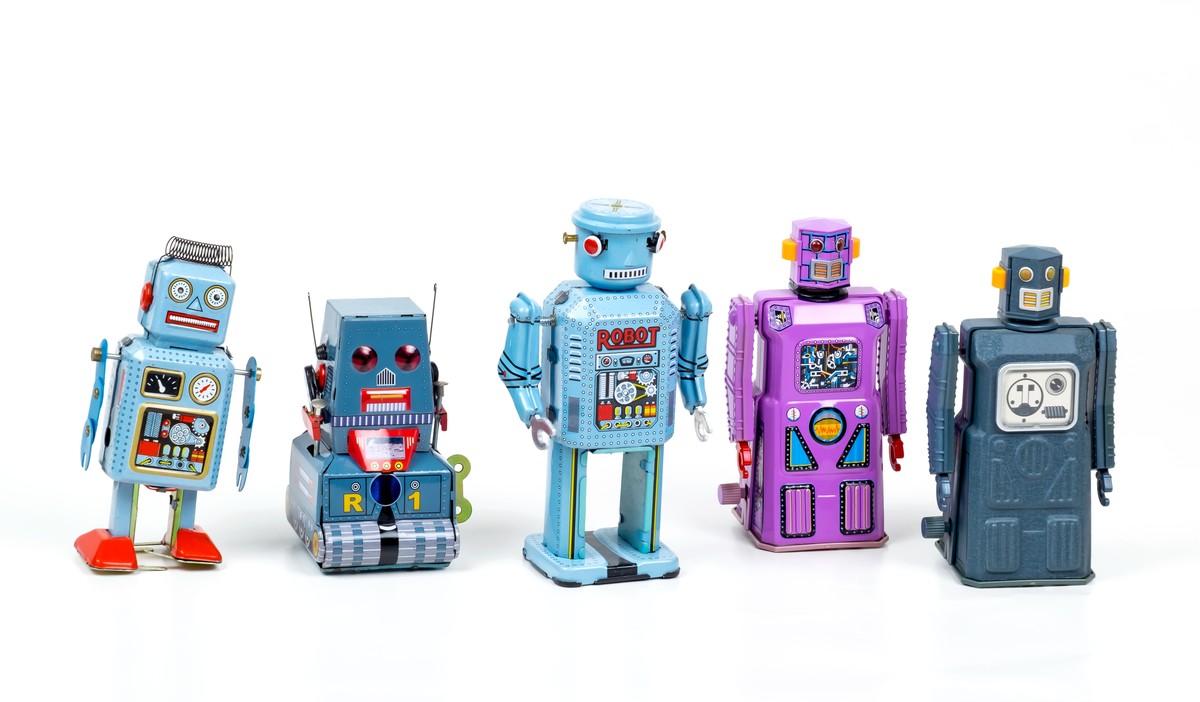
Google Translate vs ChatGPT: Methodology and languages tested
To conduct the study, PC Mag enlisted people who are fluent in seven non-English languages and live in the US or work for American companies. They asked them to participate in a blind test where they ranked the translations of an English paragraph using Google Translate, ChatGPT, and Microsoft Bing.
The languages they tested included:
- Polish
- French
- Korean
- Spanish
- Arabic
- Tagalog
- Amharic
While their study is not exhaustive, the results provided valuable insights into how these AI models perform in language translation.
Paragraphs designed for translation
To challenge the translation services and understand their limitations, they carefully crafted English paragraphs.
The first paragraph included tricky colloquial expressions like "Blow off steam" (meaning to relax after a stressful day) and "Cheers!" (meaning "Thanks!").
It also had measurements that needed to be converted, such as USD ($) and miles.
The second paragraph, given to a subset of participants, included slang terms like "hooligans" and "pop champagne."
Their goal was to capture the nuances of translation across different linguistic challenges.
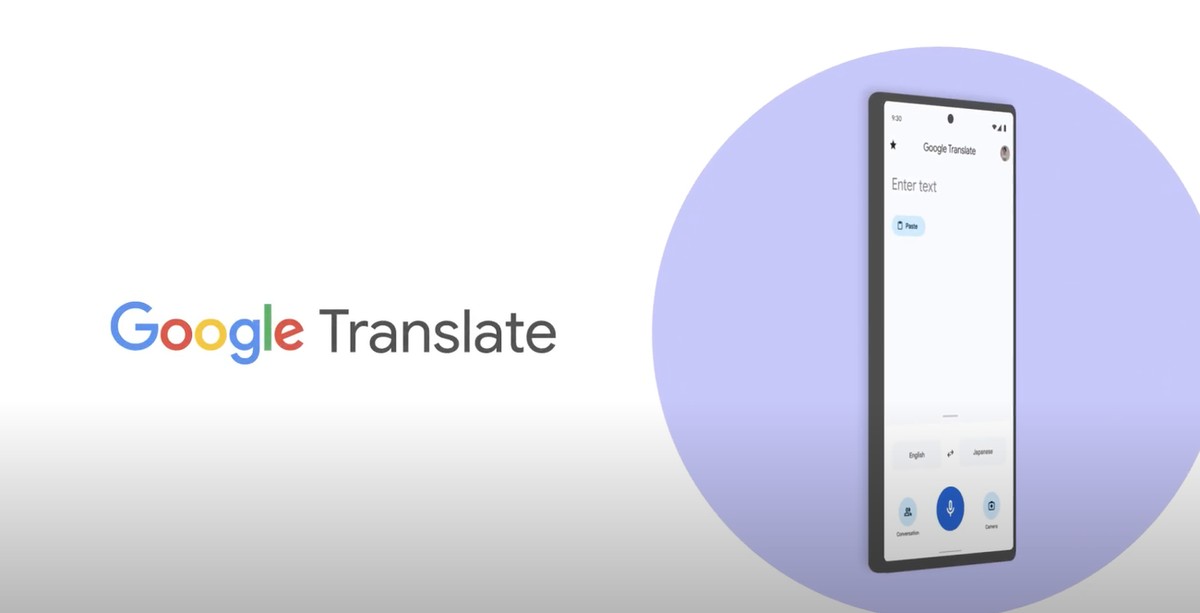
Who is the winner of the Google Translate vs ChatGPT clash?
Out of the twelve examples they provided, the AI chatbots ChatGPT, Google Bard, and Microsoft Bing were preferred over Google Translate. ChatGPT came out on top. Participants praised ChatGPT for delivering translations that resembled natural conversations. They appreciated its consistent informality and accurate translations of colloquial expressions, stating that the winner of Google Translate vs ChatGPT is everyone's beloved chatbot.
Google Bard, on the other hand, had limited functionality, but it outperformed Google Translate in the few instances it worked (Korean, French, and Spanish).
However, all the translation services, including the chatbots, struggled with currency and distance measurements. Participants expected the chatbot's conversational nature to prompt follow-up questions about preferred currency or units, but this was not the case. Inconsistencies and imperfections were evident across languages and services.
Google Translate is not appreciated at all
Participants criticized Google Translate for its literal translations, often missing contextual nuances. In contrast, chatbots excelled in capturing nuance and context. This was attributed to their use of reinforcement learning with human feedback (RLHF). By collecting human preferences on model responses, chatbots can offer more culturally appropriate translations, especially for non-native speakers.

While AI chatbots surpassed Google Translate in PC Mag's evaluation, none of the options could fully replace human translators. Although chatbots showed improved accuracy and conversational abilities, they still made occasional mistakes and used awkward word choices.
Further advancements in translation technology are necessary. As AI continues to advance, larger models will likely enhance translation quality, and we will have a clear winner in the competition of Google Translate vs ChatGPT.
Advertisement
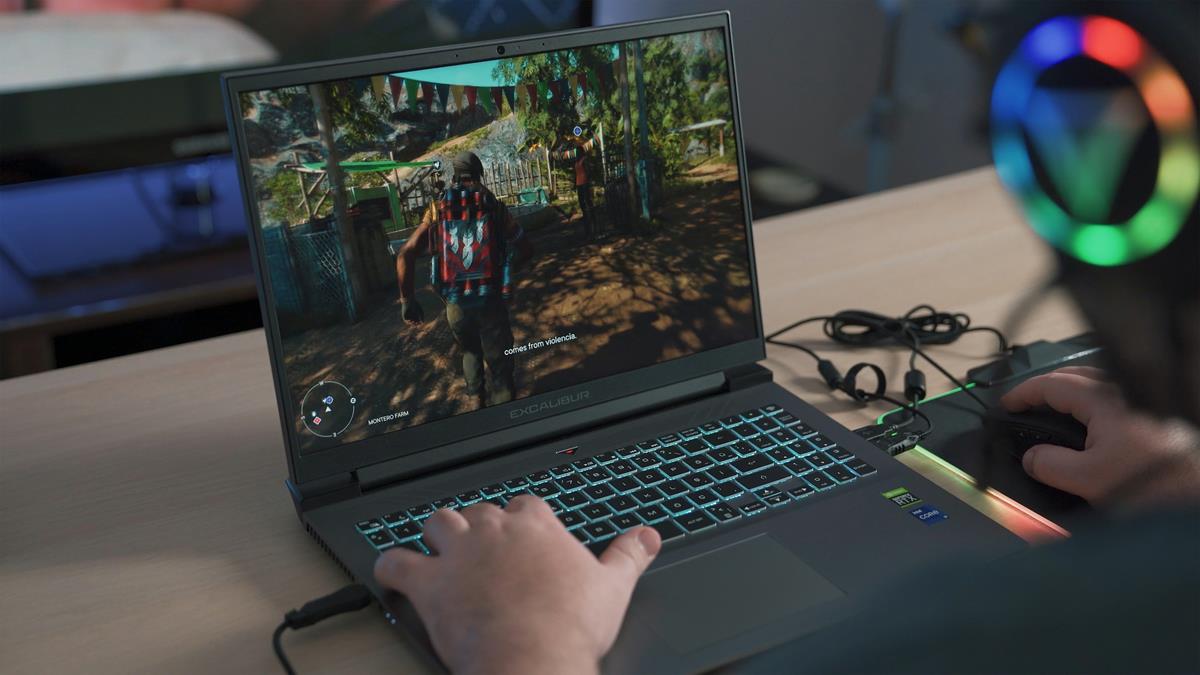

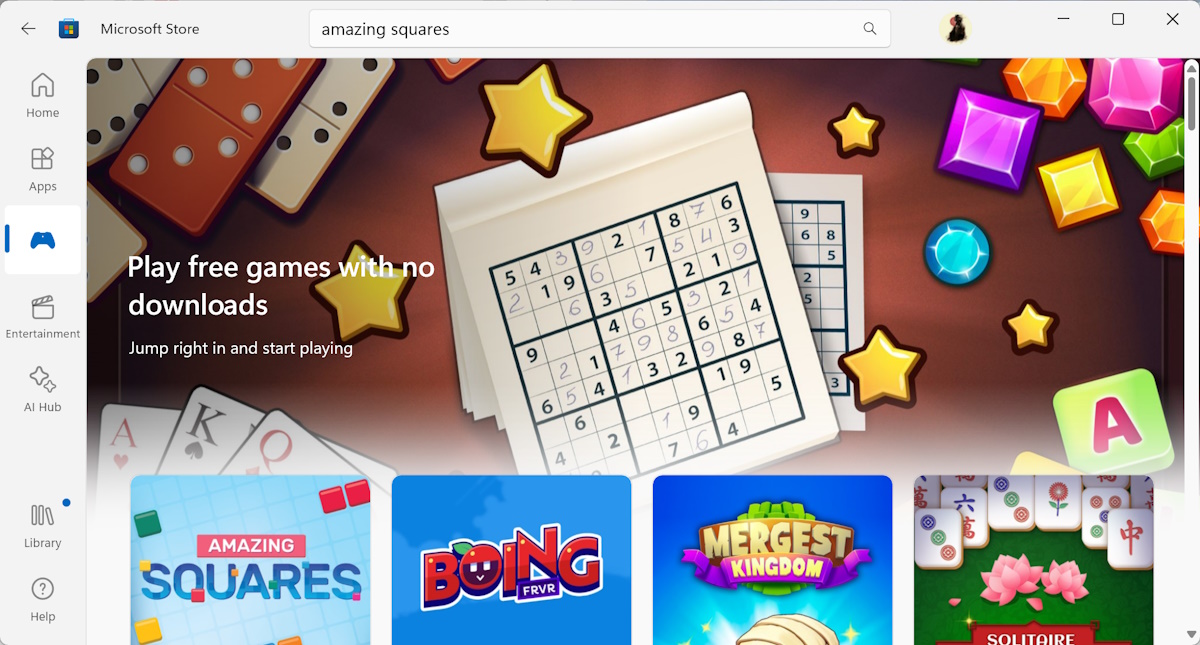

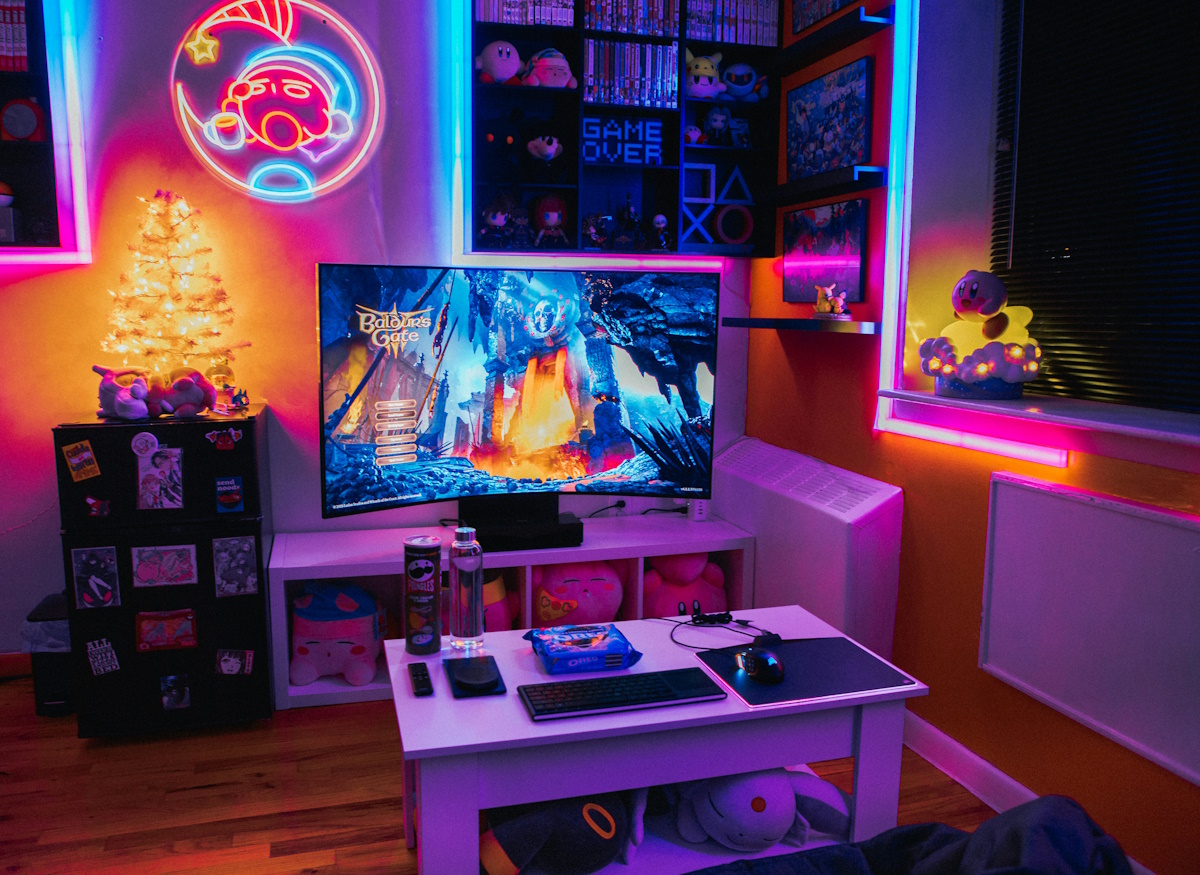















You should use DeepL
Google Translate is better than DeepL, based on my experience.
I see that you chose to repost some Google & friends ad article instead of even suggesting somewhere privacy respecting translation software that works locally, such as translateLocally. Keep suggesting sending all our sensitive private data straight to the US mass surveillance and mass murder machine, it might put you in a better position for nothing too wrong happening to you too.